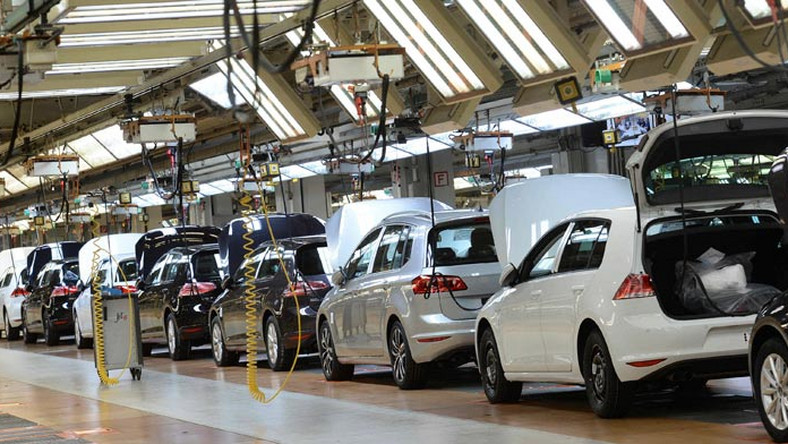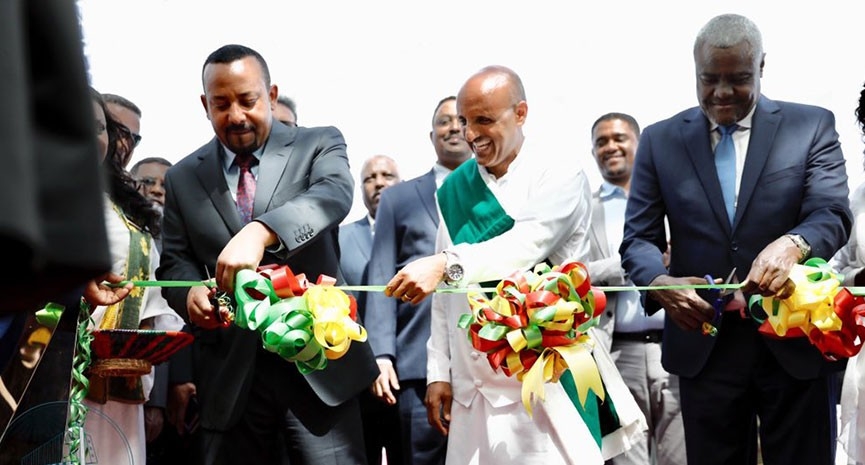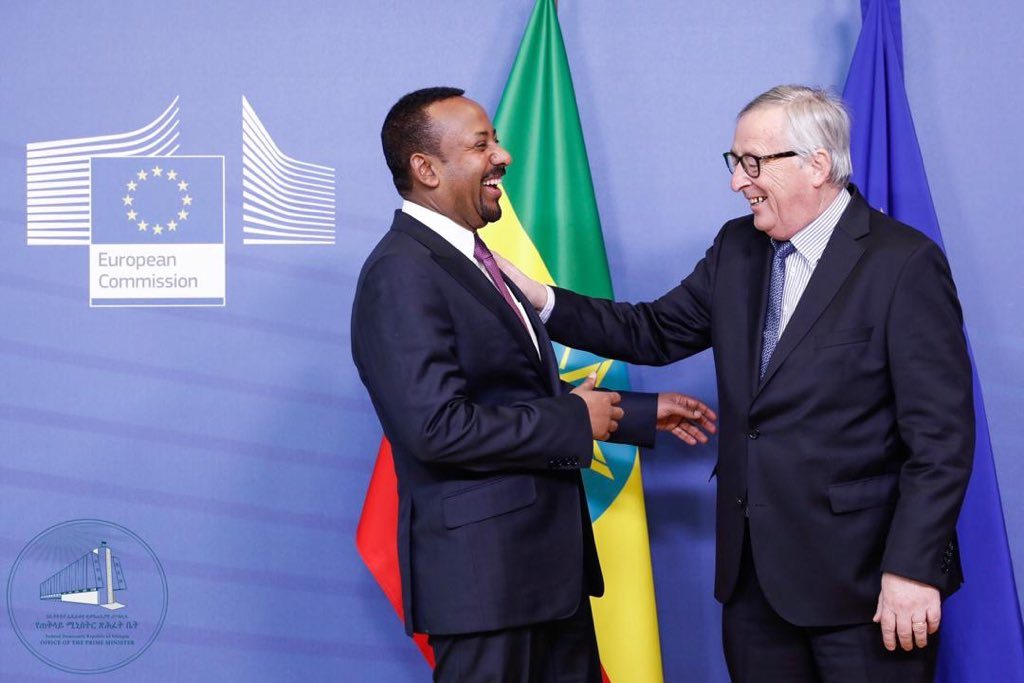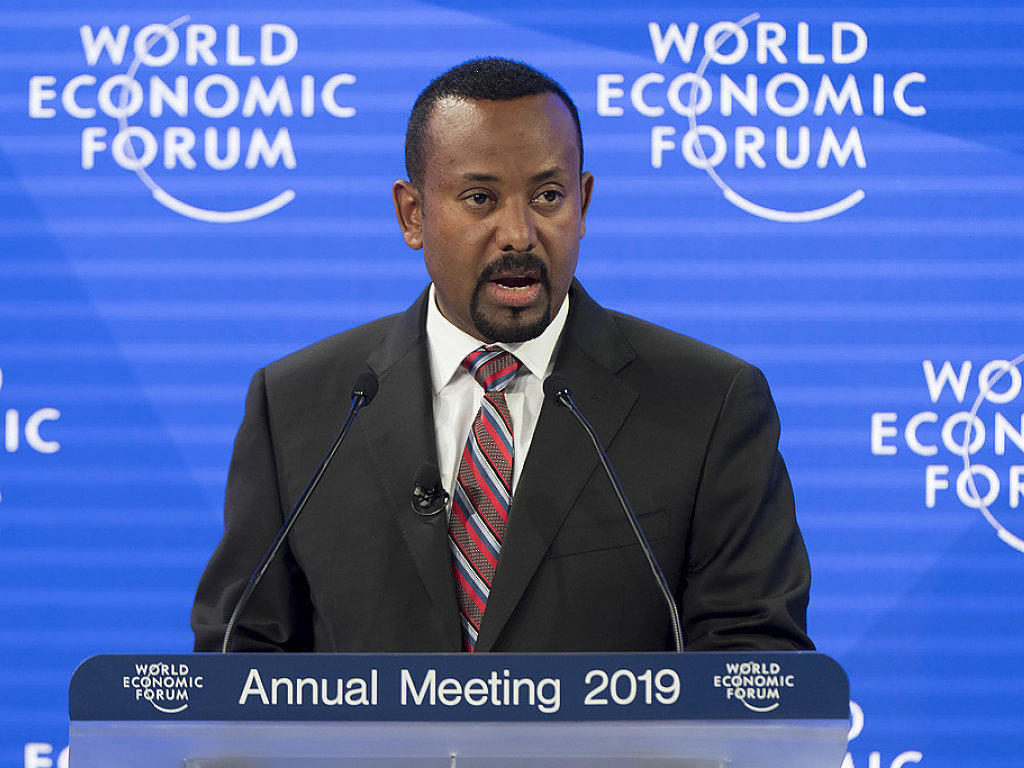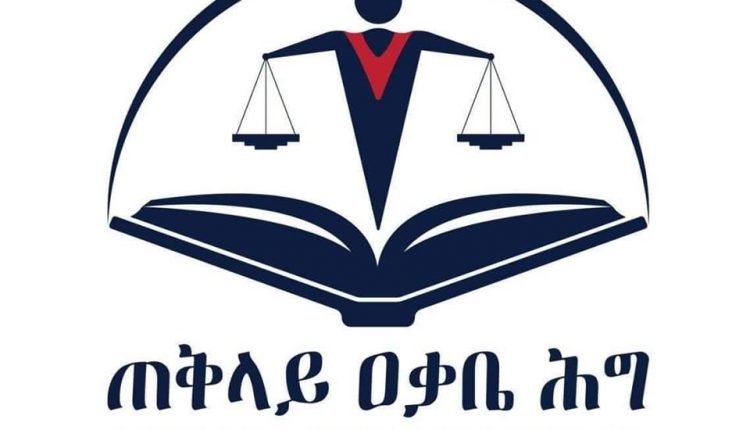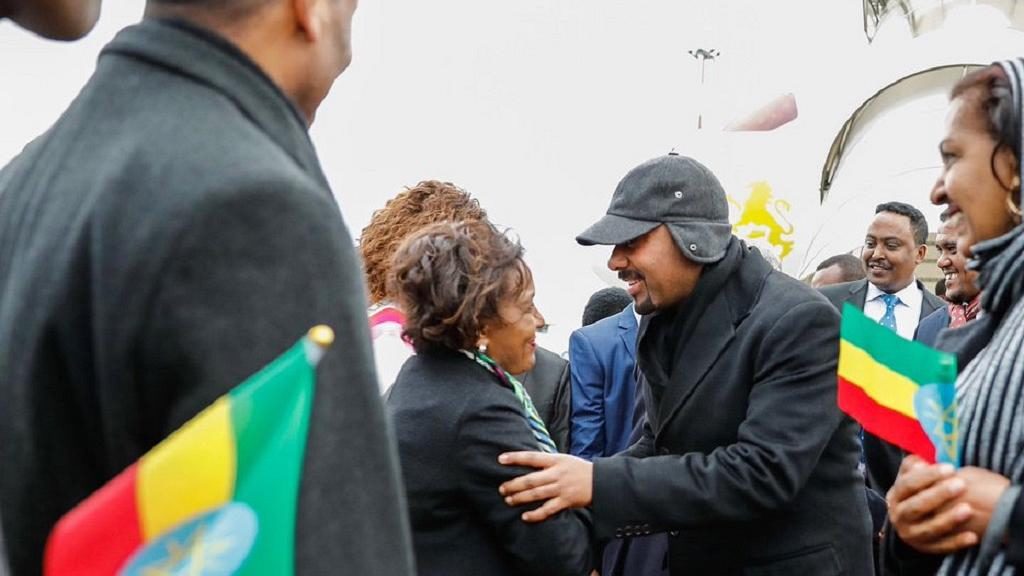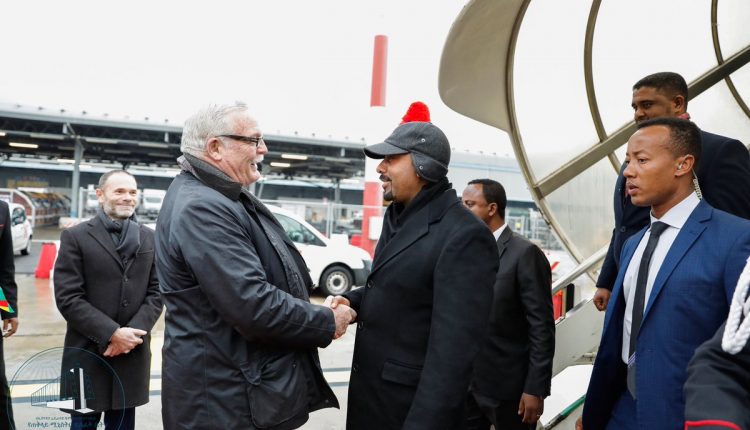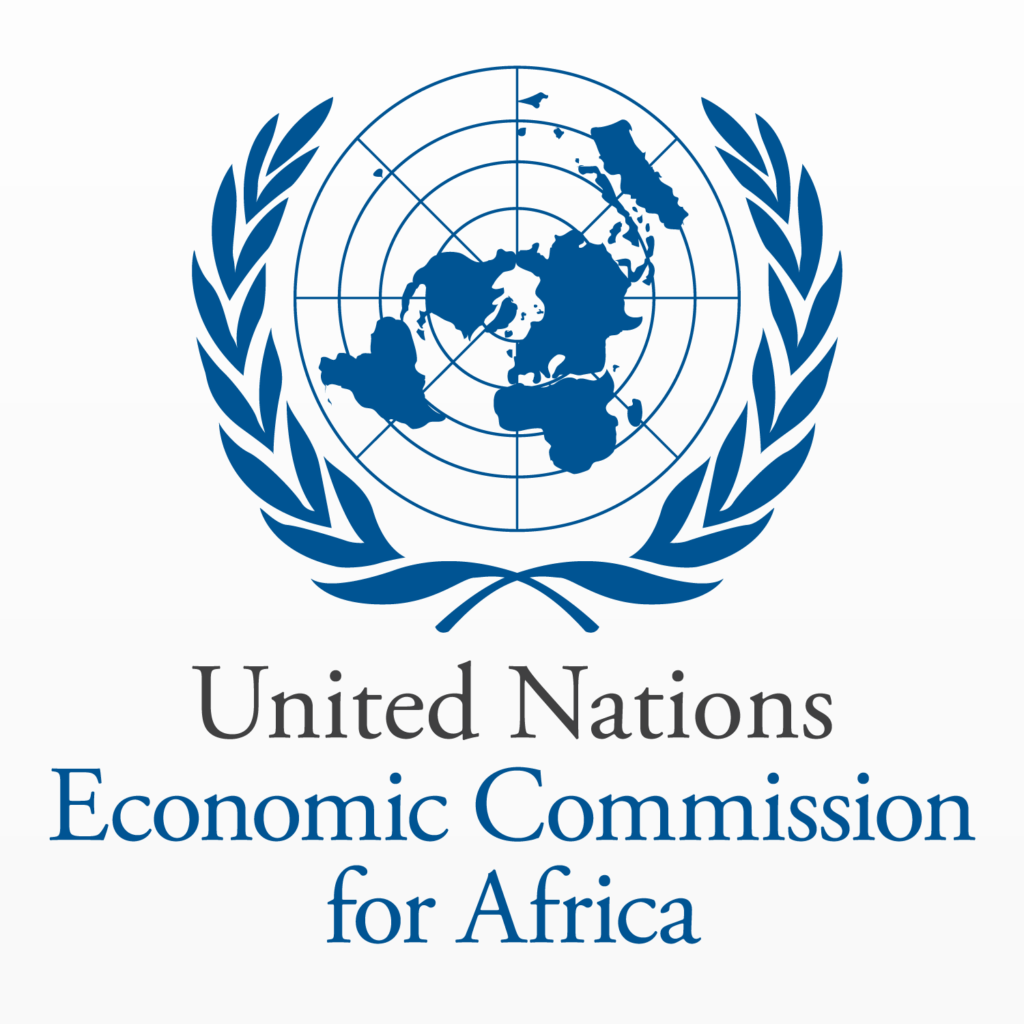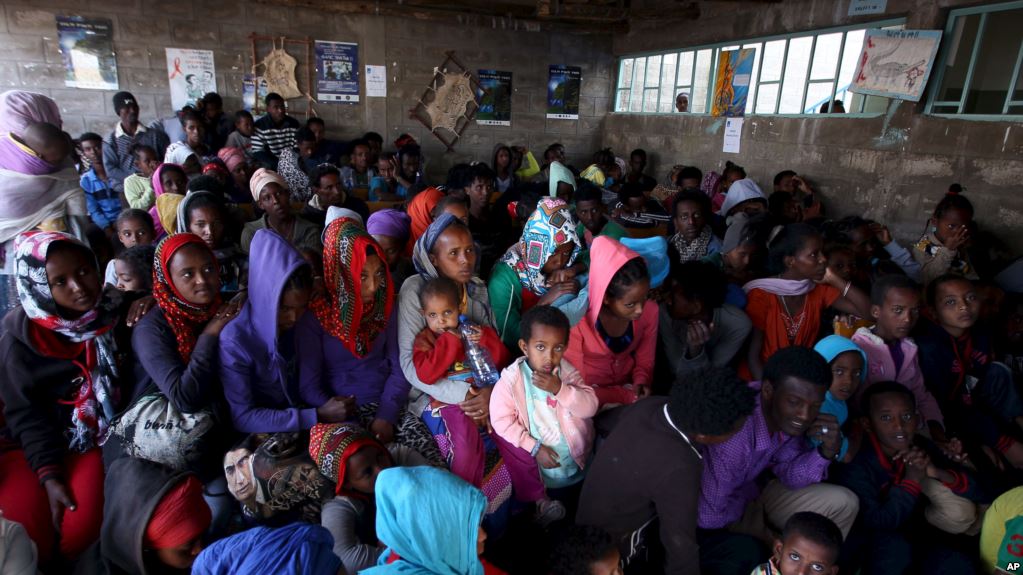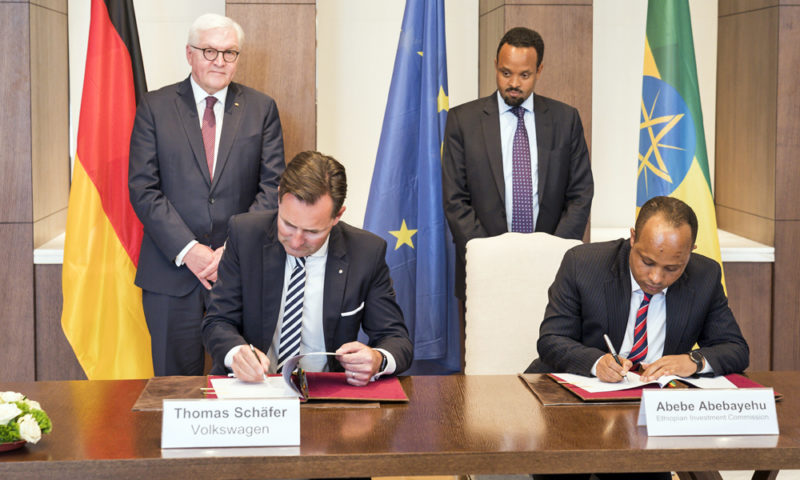
International car manufacturer Volkswagen has signed a Memorandum of Understanding (MoU) with the Government of Ethiopia to collaborate and deliver a joint vision for the development of an automotive industry in the country.
The MoU was signed by Thomas Schaefer, Head of the Volkswagen Sub-Sahara Africa Region and Commissioner of the Ethiopian Investment Commission (EIC), Abebe Abebayehu in the presence of the Ethiopian Minister for Finance and Economic Cooperation, Ahmed Shide and Frank-Walter Steinmeier, President of the Federal Republic of Germany, who is on a state visit to Ethiopia.
The signing of the MoU paves the way for Volkswagen and the Ethiopian Government to commence high-level and technical collaboration which is integral to the development of an automotive industry and policy framework.
Volkswagen will focus on four key pillars: the establishment of a vehicle assembly facility, localization of automotive components, introduction of mobility concepts such as app-based car sharing and ride-hailing as well as the opening of a training center.
As such, Volkswagen will work closely with the Ethiopian higher education and training institutions for skills development and capacity building of local talent.
Volkswagen is taking the fast development of the country into account. Over the last ten years, the GDP growth rate in Ethiopia was above 8 percent – one of the highest worldwide. Moreover, Ethiopia is a priority and focus country for Germany under the G20-“Compact with Africa” initiative.
Schaefer commented: “As one of the fastest growing economies and with the second highest population in the continent, Ethiopia is an ideal country to advance our Sub-Saharan Africa development strategy.
Ethiopia becomes the third country in Sub-Saharan Africa to sign a Memorandum of Understanding with Volkswagen. It follows Ghana and Nigeria, which both signed MoUs with Volkswagen in August 2018.
Volkswagen has been manufacturing vehicles in South Africa since 1951. In Africa, Volkswagen also has vehicle assembly operations in Algeria, Kenya, and Rwanda.
Under its TRANSFORM 2025+ brand strategy, Volkswagen is strengthening the regions and focusing on new up-and-coming markets. The Sub-Saharan Africa region plays an increasingly important role.
Although the African automotive market is comparatively small today, the region has a bright look-out to develop into an automotive growth market of the future.
